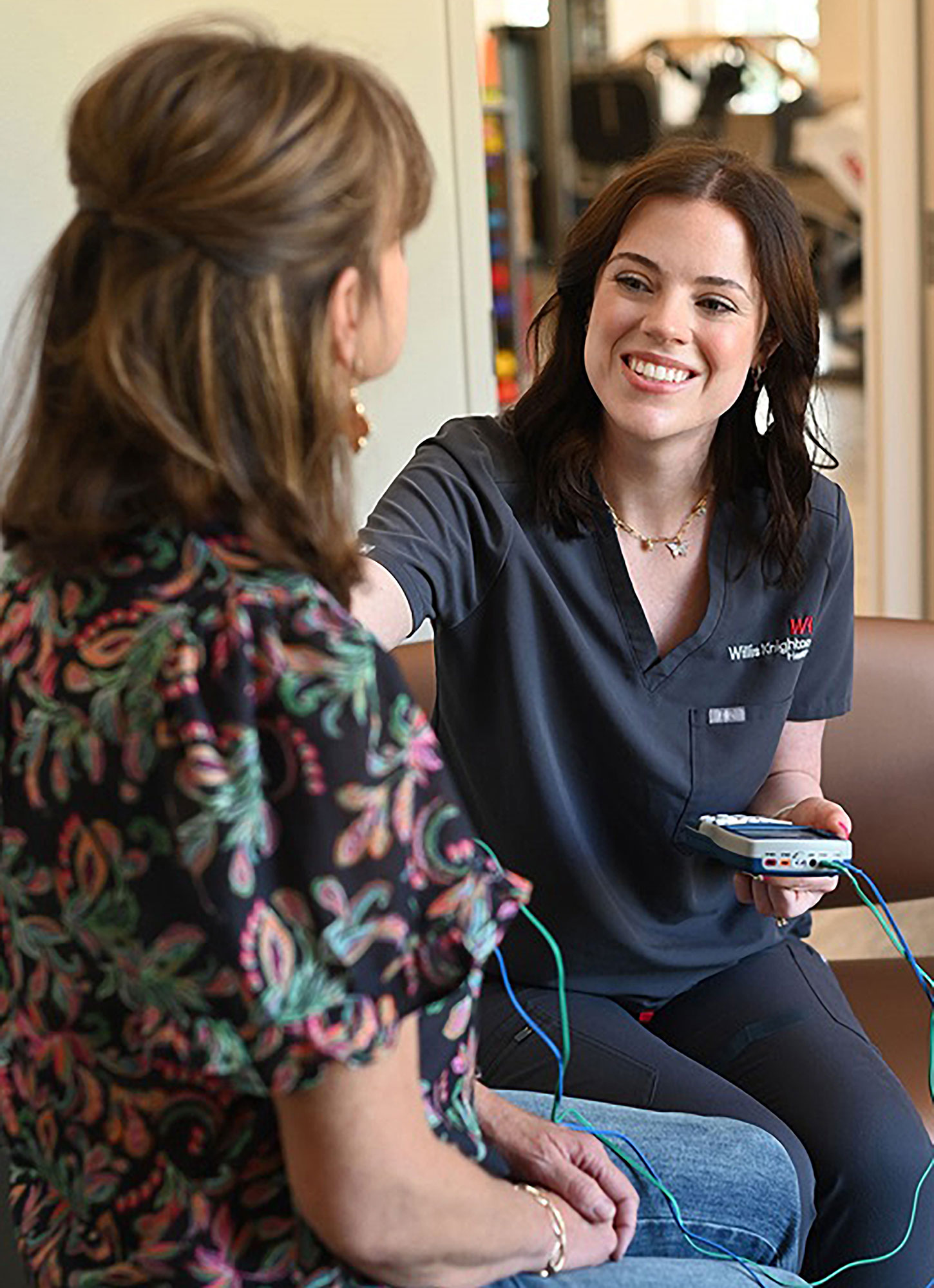- A hospital representative calls you to confirm your surgery appointment and discuss your insurance/payment responsibilities. Be sure to take the call or return the call if they leave a message. This is a good time to ask any questions you have about your appointment.
- The hospital representative gives you an arrival time, so be sure to arrive at the scheduled time. This assures we have enough time to give you any additional information and complete presurgery tasks.
- Be sure you arrange to have a family member or support person drive you to surgery and stay at the hospital to speak with your surgeon after your surgery.
- Be sure to follow any specific instructions your doctor has given you.
Preparing for Surgery
You may be anxious about your surgery. That’s normal. While this may be a new experience for you, doctors and nurses here handle surgeries every day. Knowing you’re in the care of experienced professionals can give you peace of mind.
You can help assure the best outcome by following your doctor’s instructions before and after surgery. Review this outline to help improve your surgical experience.
Before You Arrive
When You Arrive
- When you arrive, go directly to Admitting. You will sign papers and receive an identification bracelet.
- Bring comfortable clothes and shoes to wear after surgery. You will wear a hospital gown during surgery.
- Don’t bring valuables with you to surgery. Your personal belongings are given to your support person during surgery.
- A nurse prepares you for surgery. You sign a consent form and can ask any questions you might have at this time. The nurse also gives instructions to your support person.
- The anesthesiologist consults with you before surgery.
- Your nurse starts an IV to administer medications and fluids during and after your procedure.
- The surgical team is required to confirm your name and the surgical site.
- Your support person is directed to the waiting area. Your support person can visit our cafeteria or vending area but should not leave the building.
During Your Surgery
- Anesthesia is administered during surgery. This may be general anesthesia, regional anesthesia, IV sedation, or a nerve block.
- A professional medical team monitors your vital signs throughout the procedure.
Following Surgery
- You are moved from the surgical suite to a recovery area.
- Nurses in the recovery area monitor your vital signs as you recover.
- When your condition is stable you are either released home (for outpatient procedures) or admitted to a hospital unit for further care.
- The doctor gives an update to your family or support person. This is why it is important for that person not to leave the hospital campus.
- If you’re admitted to the hospital, nursing staff who specialize in surgical care monitor your condition and follow your doctor’s instructions.














